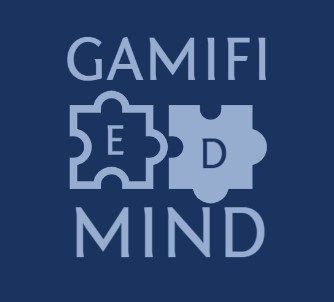Analogies
What is an Analogy?
An analogy is a comparison between two pairs of words. It shows how two things are related to each other in some way.
Parts of an Analogy:
- Base: The main relationship between the first pair of words.
- Connector: The word "is to" or ":" that connects the base to the analogy.
- Target: The word that relates to the second pair of words.
Types of Analogies:
- Synonyms: Words with similar meanings.
Example: Hot is to scorching as cold is to freezing.
- Antonyms: Words with opposite meanings.
Example: Love is to hate as light is to dark.
- Part to Whole: Relationships between parts and the whole.
Example: Wheel is to bicycle as engine is to car.
- Cause and Effect: Relationships showing cause and its effect.
Example: Hunger is to food as thirst is to water.
- Function: Relationships showcasing how something is used.
Example: Pen is to write as knife is to cut.
How to Solve Analogies:
- Identify the Relationship:
- Understand the connection between the first pair of words.
- Look for synonyms, antonyms, or other relationships.
- Find the Missing Word:
- Apply the same relationship to the second pair of words to find the missing word.
Analogy Question:
Book : Author :: Song : ?
- Singer
- Composer
- Dancer
- Conductor
In this analogy, the relationship between the words "Book" and "Author" is that an author writes a book. Applying the same relationship to the second pair of words, a "Song" is created by a "Composer." Therefore, the correct answer is (b) Composer.
Practice, Practice, Practice:
- Solve different types of analogies regularly.
- Use flashcards, apps, or books with analogy exercises.
Why Are Analogies Important?
- Enhances Critical Thinking:
- They encourage you to think logically and make connections.
- Improves problem-solving skills.
- Boosts Vocabulary:
- Understanding analogies exposes you to new words and their relationships.
- Improves Communication:
- Helps express ideas by drawing comparisons.
Tips for Improving Analogy Skills:
- Read Widely:
- Expose yourself to various topics and texts.
- Pay attention to how authors draw comparisons.
- Break it Down:
- Break complex analogies into simpler parts to understand the relationships.
- Practice Regularly:
- Solve puzzles, play word games, and do analogy exercises.
Remember, analogies are tools for sharper thinking and better understanding. They're fun challenges that unlock your ability to see connections between different things. Keep practicing, and soon you'll be acing analogies effortlessly!

